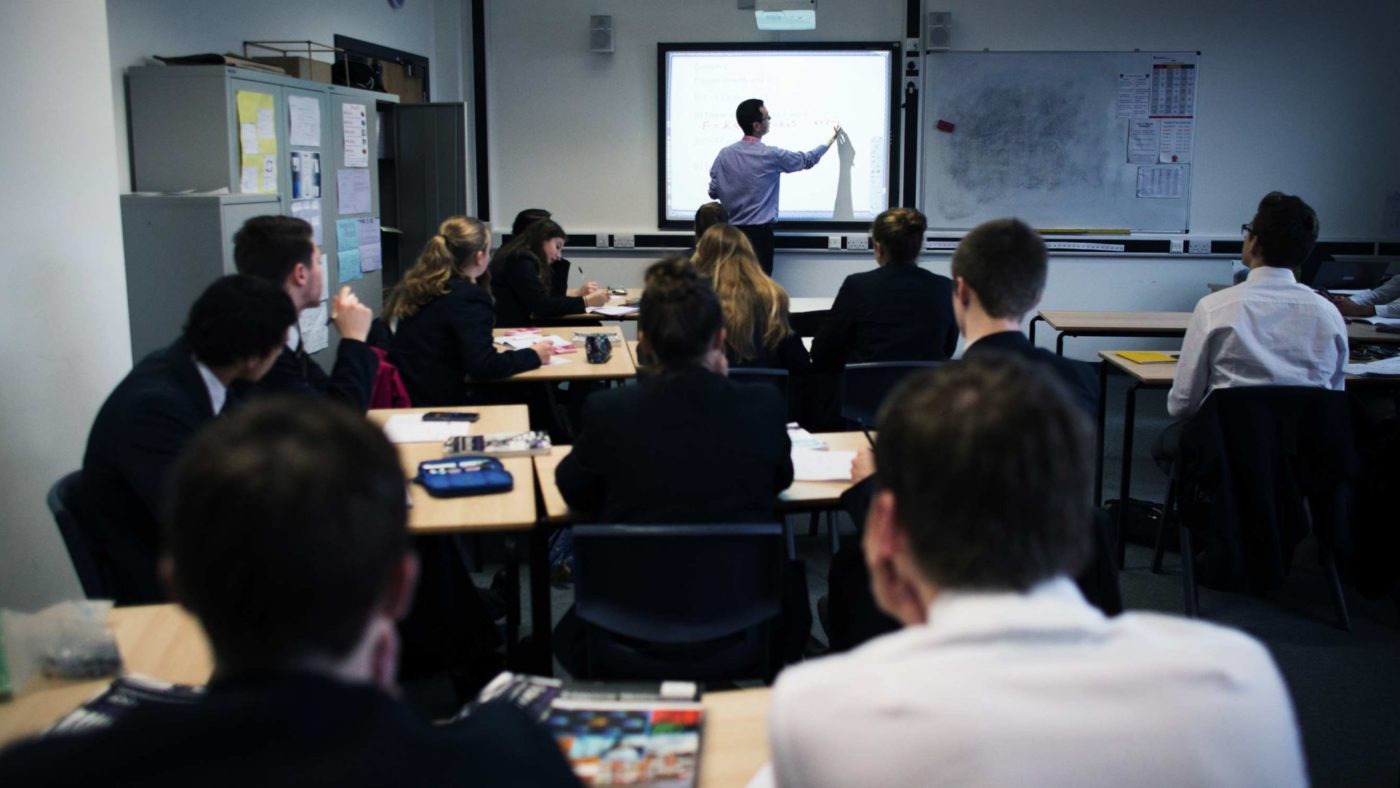A studio school in Plymouth has closed, having failed, and this is held up as proof that the underlying idea of free schools has itself failed.
This is a mistake, for allowing error is the very point of experimentation. Indeed, not just allowing it but insisting upon it, even it means catastrophic failure leading to closure. This is how market systems work, this is why they make us all so much richer over time.
One complaint is that the free schools idea has spent £150 million on start up and capital costs for schools which then imploded. This is a dreadful waste which should have been spent upon the not-experimental system, so it is said. Except that when laid against the some £80 billion of the annual education budget that’s a pittance, isn’t it? Especially as the £150 million is over eight years.
Any private company which spent only 0.02 per cent of revenues upon research and development would very quickly lose investor interest, wouldn’t it? For those in this real world of the competitive economy understand something rather basic. What we’re able to do changes as knowledge and technology do.
We thus need a system of processing through the new possibilities to see which offer something of value to us all. We do have people doing “research” in the education departments of the new universities, given the bill we get we’d rather hope that they occasionally found something new and interesting to test in the real world.
It’s also true that what we want to happen changes. That can be just fashion, some zephyr passing through societal whims. It can also be more substantial, as with the dawning realisation that perhaps Britain should be paying more attention to vocational education, as the tripartite division into grammars, secondaries and technical schools failed to do decades ago. Or even that we might do as the Germans do, divide the children into those vocational, technical and academic streams in different schools.
Which is why we have a market economy of course. One with entry – and more importantly, exit – from that economy. It is possible for, driven by the lust for gilt and pelf, people to launch some new idea into the marketplace. Perhaps they’ve spotted some useful combination of things newly invented, or a manner of doing some old thing that slightly bit better? Or have noted that consumer tastes have changed and what the world really wants is sugarless goji berry chocolate sundaes. Hey, why not? Beats their previous idea of meat-flavoured ice creams for dogs.
Near all of these ideas crash and burn of course. It’s isn’t true that markets immediately come up with what the world needs. Rather, it’s that they process through all of the possibilities and thus stumble upon the few that actually work, by which we mean adding value and utility to human lives. It’s the only system we’ve ever found which does this.
We cannot plan such matters because we simply don’t know what the human utility function is. We most certainly don’t know, and cannot, what each of the individual ones out there are. Thus we cannot know, centrally and in some ordered and planned manner, what it is that will add to human utility. All we can do is try everything and see what sticks. That being exactly the task which markets perform for us.
But note the most important part of this, the failures. That there are failures is the very proof that we are exploring the available technological space. The absence of them entirely would mean that we were not doing so – we would be leaving good ideas unfound by not taking enough risks. That schools fail is not evidence of a bad education structure, it’s proof that we are continuing to search for a better one.
Yes, of course failure is difficult and uncomfortable, but it’s the necessary complement to our making the world the better place we want it to be. No child grows up without having erred and been taught a lesson by their mistake. No economy, no system of anything within one, can possibly advance without making more than the occasional cock-up.
In fact, we should be turning this story the other way up. That only £150 million has been wasted here, a mere 0.02 per cent of the budget, shows that we’re not exploring enough, we’re not making enough mistakes in our search for that better world.
But then those screams about this trivial leakage in the system are exactly why government’s so bad at advancing the world, aren’t they? Because the political arguments about having splurged taxpayers’ money on failure mean that any government-directed system will never do sufficient exploring. Which is precisely the argument in favour of more markets in everything governmental, the NHS, the education system, transport, infrastructure and the rest. To experiment and thus find out.
Markets produce failures, which is exactly why we use them. For only by testing the universe of possibilities do we find out what works and what doesn’t. That we never have failures is only a sign that we’re not exploring enough.


